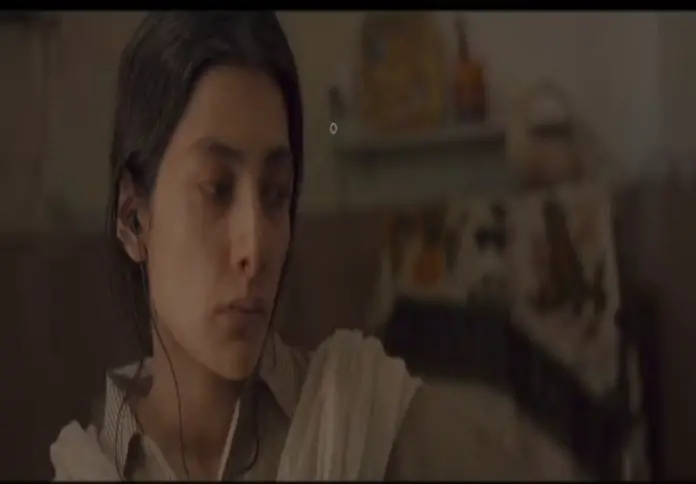Set in a dystopia, almost a decade ahead of now, ‘The Round Lake’ is the latest Pakistani attempt in the area of climate fiction, both written and visual works of which are now the recent focus of artists and literati alike. This may be a little unfortunate as well, for amidst an apparently never-ending political chaos, very few people seem to be concerned with the gradual reduction in the quantity of water, ironically in a region popular for its fluvial nature, with one of its provinces also named after five rivers – Punjab.

Written and produced by Hira Sheraz and directed by Zayan Agha as part of the ‘565 Fund’ to help filmmakers produce work on the very contemporary topic of human-earth interaction, ‘The Round Lake’ scares you to death with the situation it presents before you resulting from a ruthless negligence towards climate crisis. Carrying a somber on-screen look, the colour grading mostly tarrying on shades of brown to complement the theme of water-scarcity and dryness, the film is set in the premises of the ever-shrinking Ravi, with people going to the extent of fetching its squalid water to quench their thirst. Empty gallons, dried-up taps, unwantedly emptied fish-bowls and water-tanks taking up the roles of desired beloveds on the way characterize ‘The Round Lake’, suggesting that from basic needs to extra desires, nothing will be met in a matter of a few years if the government gives no heed to this issue.
The film stars Eman Suleman and Sayeda Pakeezah in the leading roles of a mother-daughter duo always on the look-out for water, with Adeel Afzal, Usman Zia, Abdullah Khan and Kashaf Alam taking up parallel yet equally important characters of people either extremely affected or least affected with the dearth of water in a country where class discrimination also knows no end, resulting in one class gradually dying of dehydration and another class filling pools of its lavish houses with gallons full of water, only because it can afford it. The idea of people affording or not affording water is also a job well done on the part of the film-makers, conveying the message that the days are not far when a natural resource like water, the right of every human being, will have to be bought.







